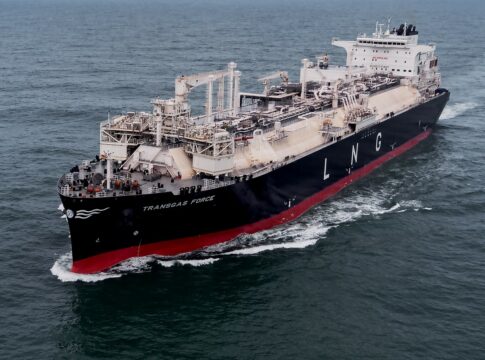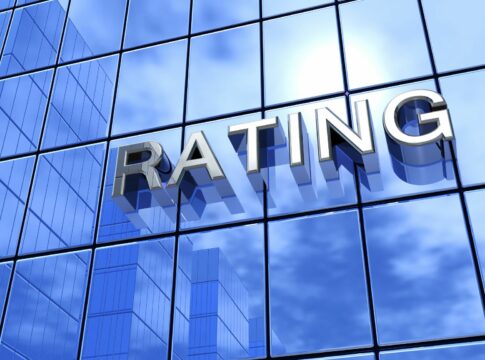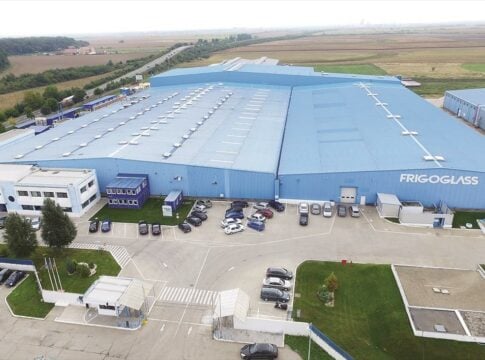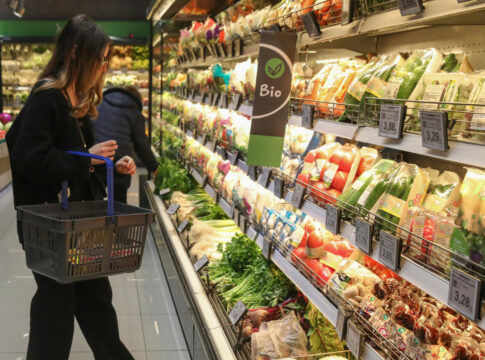Greece’s inflation fell to 2.7% in June compared with 4.1% in May, 4.5% in April, 5.4% in March, 6.5% in February and 7.3% in January amidst high food prices and tumbling energy prices. Greece, together with Cyprus, has the third lowest inflation in the eurozone, at 2.7%.
Luxembourg ranks first with the lowest harmonized inflation at 1%, followed by Belgium and Spain at 1.6%. Based on Eurostat’s preliminary data, eurozone inflation fell to 5.5% in June compared with 6.1% in May and 7% in April. Despite easing inflation in the eurozone, core inflation edged up to 5.4% from 5.3%.
The final figures for the course of inflation in June are expected to be published by the Hellenic Statistical Authority on July 7. Based on ELSTAT data, inflation was at 2.8% in May.
More specifically, food prices grew by 10.4% in June compared with 9.8% in May. Energy prices recorded a further decline of 22% from 21.1% in the previous month.
According to Eurostat data, at the eurozone level, food, beverages and tobacco is the sector with the biggest impact on inflation in June as they increased by 11.7% from 12.5% in May. The continued decline in natural gas prices had a positive effect on the energy sector, which dropped 5.6% from 1.8% in May. A slowdown was also recorded in the prices of non-manufactured products which increased by 5.5% from 5.8% in May. As for the services sector, it moved up in June by 5.4% from 5% in the previous month.
Looking at the main components of euro area inflation, food, alcohol and tobacco had the highest annual rate in June (11.7%, compared with 12.5% in May).














